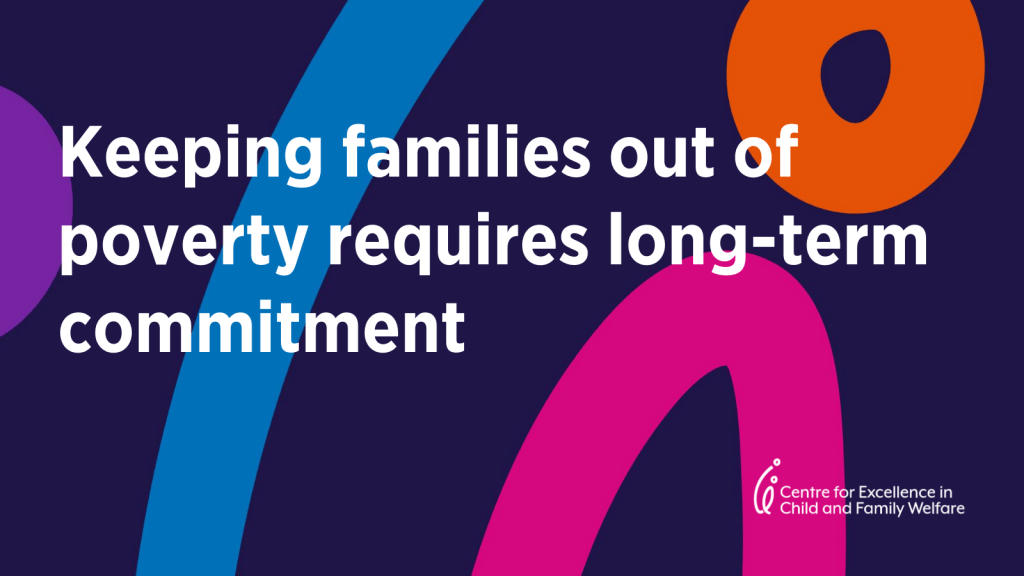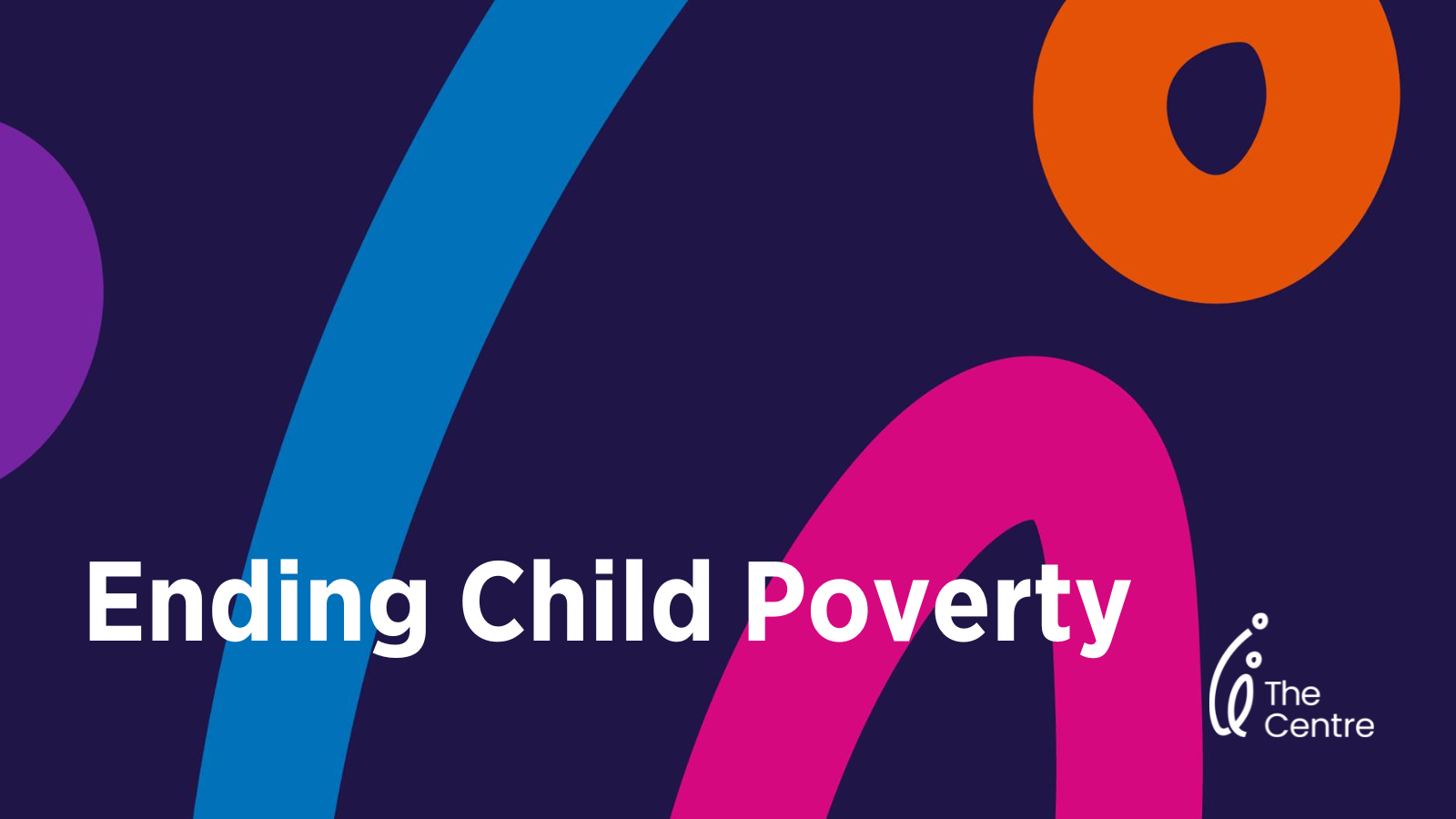By Deb Tsorbaris, CEO, Centre for Excellence in Child and Family Welfare
The COVID-19 pandemic has put a spotlight on poverty, disadvantage and structural inequality. It has also shown us the power of government intervention and how choices about public spending can drastically improve people’s lives and decrease demand on community services.
As the peak body for child and family services in Victoria, the Centre for Excellence in Child and Family Welfare is keenly focused on the wellbeing of children, and advocates for policies that foster strong, safe and supportive families to improve children’s life outcomes. Before the pandemic, an estimated 774,000 Australian children under 15 were living in poverty and around 19,400 children aged 0-14 were homeless, the majority of whom were living in severely overcrowded dwellings. We find this situation to be entirely unacceptable.
The relevance of poverty and homelessness to the broader community has been brought into stark relief by the coronavirus pandemic. Data is now emerging showing that the areas most affected by the coronavirus are areas of disadvantage. Overcrowding and insecure employment are factors attributed to rapid spread, and have contributed to an extended lockdown in Victoria. Never have the daily lives of everyone been so directly affected by the structural inequalities of our society.
The situation could have been much worse however, if government did not intervene. In response to the pandemic and the widespread unemployment it would cause, the Federal Government introduced a temporary Coronavirus Supplement of $550 per fortnight for many working age payments.
Remarkably, this single action resulted in a drastic reduction in poverty rates, by lifting people already living on social security payments above the poverty line and providing adequate replacement income for people suddenly without work. Unfortunately, the government has already begun to wind back these supports, despite warnings that there are not enough jobs for those seeking them, and evidence that our pre-pandemic social security system is inadequate.
We know from international research that housing stress, child poverty and material disadvantage increased as a result of previous recessions. With our current shortage of social housing supply and affordable rental properties, we cannot meet current demand for suitable housing, let alone for a growing number of families in need. There is great risk that poverty and homelessness will grow beyond the rates seen before the pandemic.
What many do not understand is that poverty is self-perpetuating and presents barriers to improving one’s circumstances, such as gaining employment. The science of scarcity tells us that poverty creates a barrier to improving life outcomes by occupying a persons’ mental bandwidth with thoughts of immediate survival that do not leave room for longer-term priorities.
The Center on the Developing Child at Harvard University tells us that for children, poverty can affect their development as repeated stress responses overload biological systems. This can affect a developing child’s emotional regulation, memory and executive function with potential long-term consequences for their future. Poverty presents a range of risks to children, such as food insecurity, insecure or unsuitable housing, limited opportunities, and social exclusion. These risk factors can lead to poorer physical health, mental health, academic achievement, and overall wellbeing.
The child and family services sector works with families to address challenges and achieve stability, with a focus on the safety and healthy development of children. Research conducted by the Centre and FamilyCare in 2019 found that state-funded child and family services are being diverted from their core purpose towards meeting the basic material needs of families, in circumstances where those needs should be met by the social security system. Anecdotally, we have heard that the additional income afforded to families during the pandemic has eased the crisis demand on child and family services. However, organisations are anticipating that they will be inundated as supports are withdrawn, and that they will see significant demand from families who have never had to access community services before.
Parliamentary committees, at both the state and federal level, have recognised the barrier that poverty creates to employment and the pressures that it places on community services, and have recommended that governments focus on poverty alleviation through the social security system to improve employment prospects and ease demand for crisis support.
For a community recovering from crisis and relying on employment growth for a healthy economy that supports all of us, the concept of scarcity and its impact on people living in poverty is critically important to address. As the job market recovers and eventually grows, we must ensure that people have the capacity to engage in employment opportunities. Poverty alleviation and economic recovery and strength go hand in hand.
But despite the overwhelming evidence on the harms of poverty and the benefits of investing in a strong social security system and social housing, last week’s Federal Budget failed to deliver. This will have disastrous consequences for children and their families experiencing poverty, hardship and disadvantage.
We must maintain pressure on our government to continue with the support that has proven so effective during this pandemic. Government must deliver a permanent, adequate increase to social security payments that lifts people above the poverty line and must invest in social housing so that everyone has a safe and suitable home. This will benefit us all. The rallying cry for Anti-Poverty Week has never rung more true:
Poverty exists. Poverty hurts us all. We can all do something about it.
Anti-Poverty Week 2020 runs from 11 to 17 October.






